Creating a foundation for high-quality human resource development
On October 29, the Ministry of Education and Training held a seminar to collect comments on the draft Framework for the Strategy for the Development of Vietnam's Higher Education for the period 2026-2035, with a vision to 2045. The seminar took place at the Academy of Educational Management.
Speaking at the event, Mr. Dang Van Huan - Deputy Director of the Department of Higher Education (Ministry of Education and Training) emphasized that the development of the Framework for Higher Education Development Strategy for the period 2026-2035, with a vision to 2045, is an important task, creating a foundation for training and developing high-quality human resources, meeting the requirements of rapid and sustainable development of the country in the coming period.
In particular, this is the time for the Education sector to implement Resolution No. 71-NQ/TW dated August 22, 2025 of the Politburo on breakthroughs in education and training development (Resolution 71), along with Resolution No. 57-NQ/TW dated December 22, 2024 of the Politburo on breakthroughs in science, technology, innovation and national digital transformation (Resolution 57).
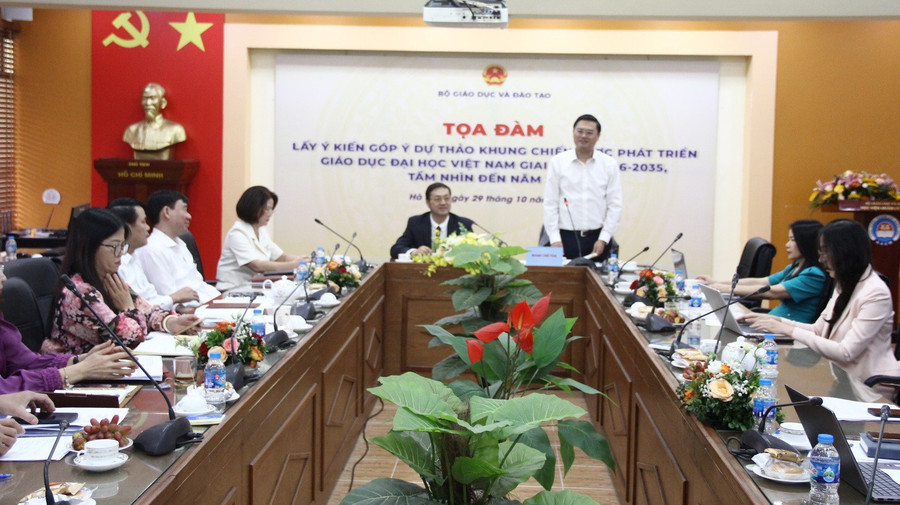
Sharing about the current state of higher education in Vietnam, Mr. Dang Van Huan said that the whole country has 240 higher education institutions (not including schools in the defense and security sector), of which 173 are public and 67 are private. Currently, the student ratio per 10,000 people is 220, although still low compared to the average of many countries in the region, the growth rate is quite stable.
Based on the analysis of the current situation and new development context, the Ministry of Education and Training is drafting and proposing a number of goals to be included in the Framework for Higher Education Development Strategy for the period 2026-2035, with a vision to 2045.
Accordingly, the general goal is to develop a high-quality, effective, equitable, transparent and modern university education system, meeting the country's socio-economic development requirements as well as the people's learning needs. By 2035, Vietnam strives to be among the four countries with the best university education systems in Southeast Asia.
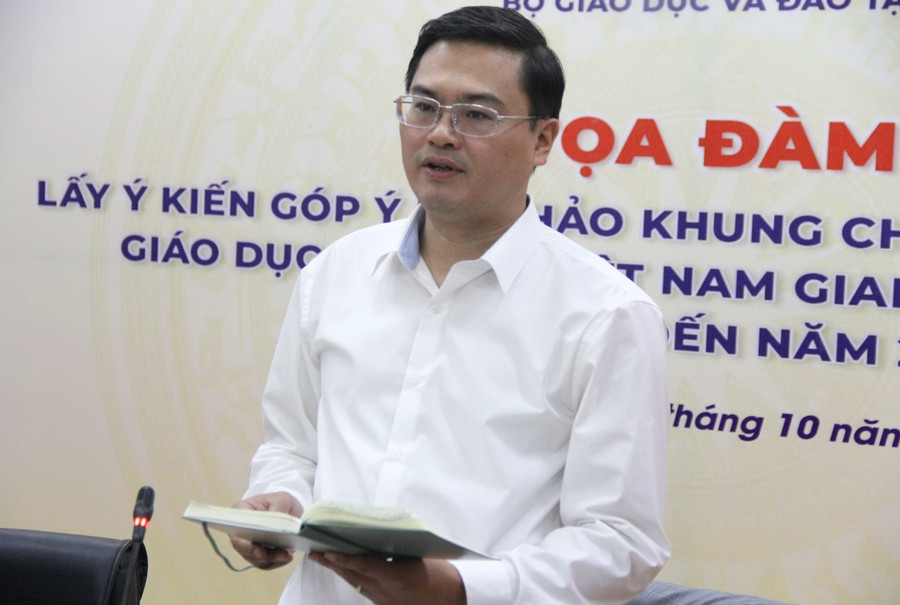
Expected 5 strategic pillars
The Ministry of Education and Training plans to have five strategic pillars in this strategic framework, including: Quality culture strategy; System optimization strategy; Financial leverage strategy; Digital university education strategy; Strategy to attract talent, lecturers and excellent students.
The Strategic Framework not only inherits the achievements that have been made, but more importantly, must create a clear orientation for Vietnamese higher education to become a key driving force for national development.
Assoc. Prof. Dr. Pham Van Thuan - Director of the Academy of Educational Management said that the organization of the Seminar at the Academy demonstrates the close coordination between the Ministry of Education and Training and higher education institutions, and at the same time affirms the pioneering role of the Academy in participating in contributing strategic policies, accompanying the Vietnamese higher education system on the journey towards modern, integrated, equitable and sustainable education.
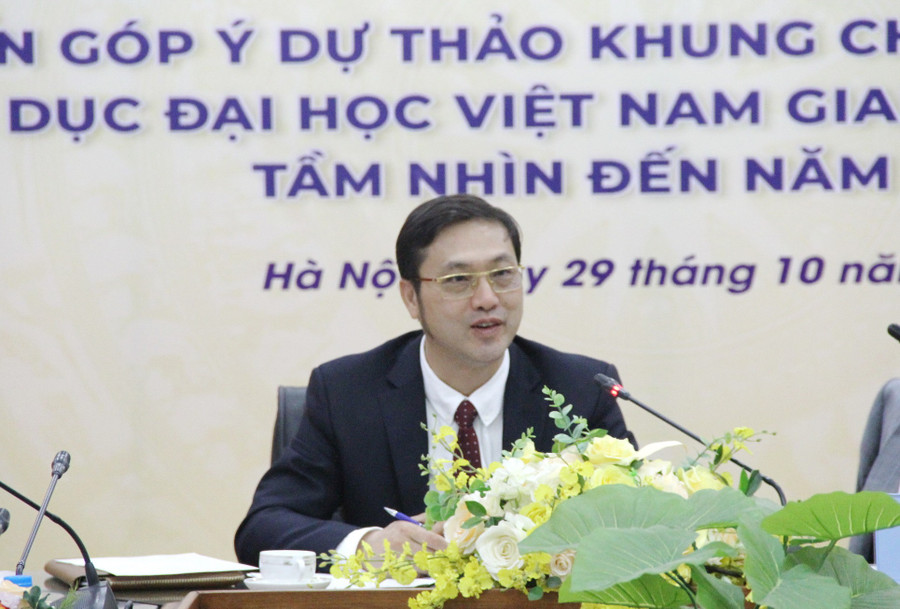
Associate Professor, Dr. Pham Van Thuan acknowledged that the Framework for the Development Strategy of Vietnam's Higher Education for the period 2026-2035, with a vision to 2045, is a national-level strategic document, demonstrating a new vision on the leading role of higher education in the development of the knowledge economy, digital transformation and international integration.
The strategy is built on the foundation of solid political and legal orientations, while reflecting the practical requirements of the country's industrialization and modernization.
In particular, this is the first time the Strategic Framework has been designed to synchronously align political orientation, institutions and development models, clearly defining strategic pillars including: quality culture, system optimization, financial leverage and digital higher education.
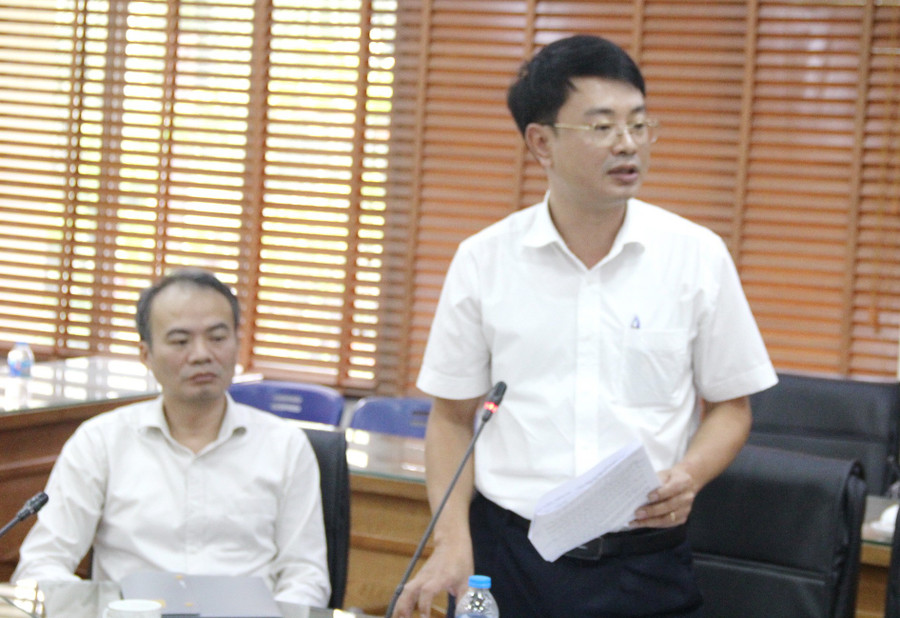
Commenting on the new points and innovative spirit in the draft, Associate Professor, Dr. Pham Van Thuan emphasized that this Strategic Framework demonstrates the comprehensive development and modernization thinking of Vietnamese higher education in a number of notable aspects:
Firstly, consider university autonomy as the foundation - finance as the key - State investment as the driving force - program innovation and digital transformation as breakthroughs.
Second , clearly define the system development model in the direction of stratification, connectivity, reducing dispersion, increasing efficiency, combining elite training and mass training, between multi-disciplinary and multi-field facilities with schools oriented towards application, research and innovation.
Third, determine the position of higher education institutions as scientific and technological organizations, conducting research, deploying and applying high-level science and technology in the spirit of Resolution 57.
Fourth, strongly promote digital transformation, artificial intelligence and open education, creating a lifelong learning environment.
Fifth, affirm the central role of universities in the national innovation ecosystem.
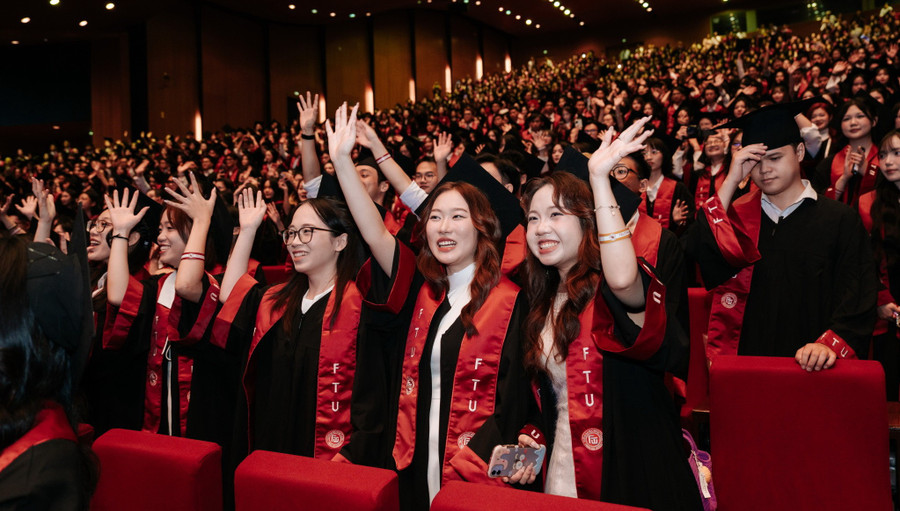
Promoting autonomy, digital transformation and innovation
From the perspective of a research, training and policy advisory agency for the Education sector, the Director of the Academy of Educational Management proposed a number of issues that need to be further clarified so that the Strategic Framework can truly become a guiding principle for action for the entire system:
Firstly, on institutions and governance: It is necessary to build a synchronous legal framework for university autonomy, which clearly stipulates accountability and the mechanism for representing state ownership, especially the mechanism for operating autonomy when removing school boards in public schools.
Second, on investment and finance: The budget mechanism should be designed according to output efficiency, while allowing public schools to flexibly use revenue sources for reinvestment in development.
Third, on staff development: There needs to be a national program to train and foster university leaders and managers according to new competency standards.
Fourth, on digital transformation: Propose that the Ministry of Education and Training soon deploy a national data platform on higher education, connecting in real time with educational institutions to support administration, accreditation and policy making.
Associate Professor Dr. Pham Van Thuan affirmed that the Academy of Educational Management is ready to accept tasks from the Ministry of Education and Training and coordinate with relevant units to take on the role of a center for research, consulting and training of human resources for management and administration of higher education.
Promoting autonomy, digital transformation and innovation
At the seminar, experts, scientists and representatives of basic educational institutions agreed with the draft Framework for the Strategy for the Development of Vietnamese Higher Education for the period 2026–2035, with a vision to 2045.
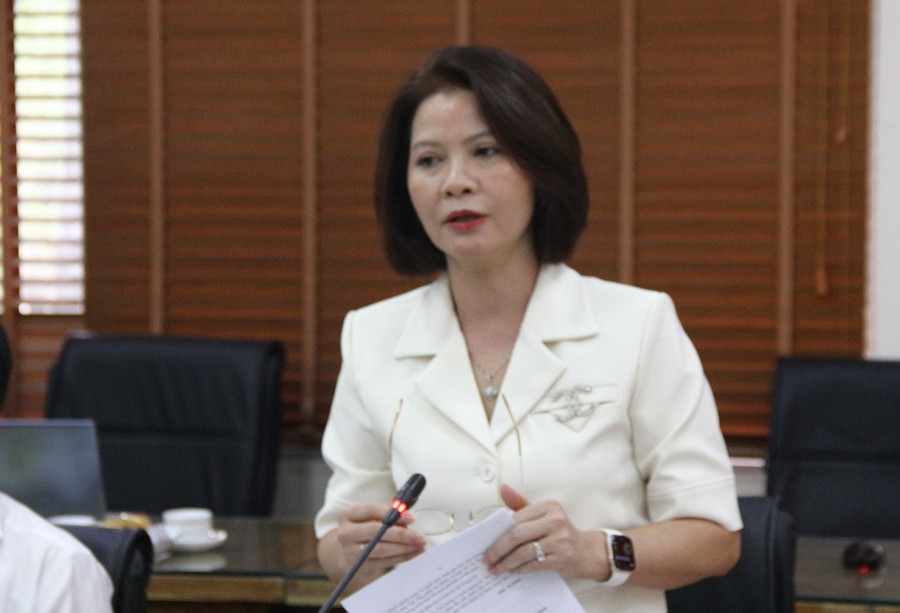
Delegates focused on discussing a number of issues such as: draft name, objectives, 5 strategic pillars, the role of the State and the responsibilities of higher education institutions.
Basically agreeing with the draft, Associate Professor Dr. Nguyen Thi Thu Hang - Party Secretary, President of the Council of the Academy of Educational Management - expressed her agreement with the proposed goals, emphasizing the need to form a number of higher education institutions and fields that reach regional and world standards.
Discussing one of the five strategic pillars, Associate Professor Dr. Nguyen Thi Thu Hang agreed with the draft when it highlighted the role of the State in regulating the system, along with policies to encourage the modernization of higher education, attract talent and increase investment resources for spearhead development, and gradually integrate internationally.
The draft also emphasizes strengthening the role and responsibility of localities in developing higher education in the area, in order to meet the human resource needs of the locality and neighboring regions.
However, according to Associate Professor Dr. Nguyen Thi Thu Hang, the Strategy needs to identify and pay attention to universities with specific factors, such as the Academy of Educational Management and a number of other training institutions.
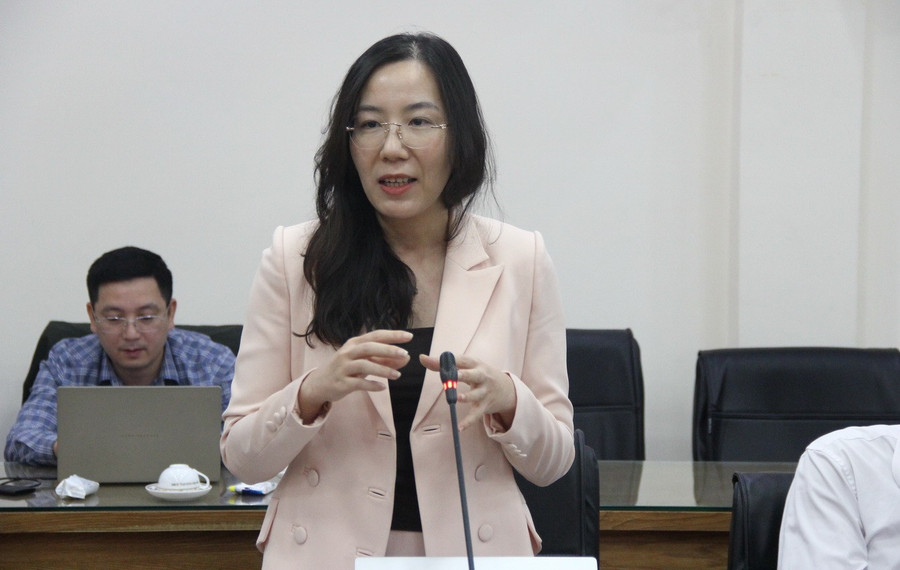
According to Associate Professor Dr. Pham Van Thuan, the Framework for the Development Strategy of Vietnam's Higher Education for the period 2026-2035, with a vision to 2045, is not only a development orientation for a period, but also a political and social commitment to the future of Vietnamese knowledge and people.
Source: https://giaoducthoidai.vn/xay-dung-khung-chien-luoc-phat-trien-giao-duc-dai-hoc-giai-doan-20262035-post754528.html



![[Photo] Fall Fair 2025 - An attractive experience](https://vphoto.vietnam.vn/thumb/1200x675/vietnam/resource/IMAGE/2025/10/30/1761791564603_1761738410688-jpg.webp)
![[Photo] New-era Party members in the "Green Industrial Park"](https://vphoto.vietnam.vn/thumb/1200x675/vietnam/resource/IMAGE/2025/10/30/1761789456888_1-dsc-5556-jpg.webp)
![[Photo] Prime Minister Pham Minh Chinh chaired a meeting to evaluate the operation of the two-level local government model.](https://vphoto.vietnam.vn/thumb/1200x675/vietnam/resource/IMAGE/2025/10/29/1761751710674_dsc-7999-jpg.webp)





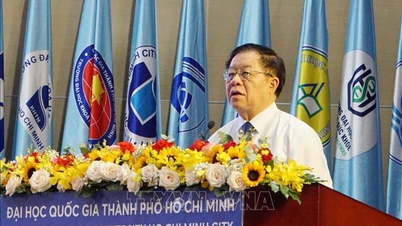

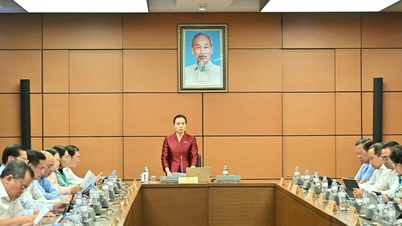
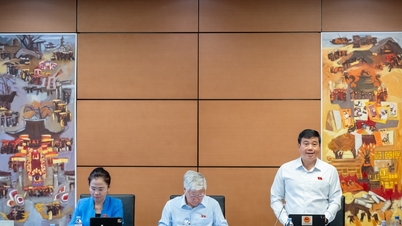
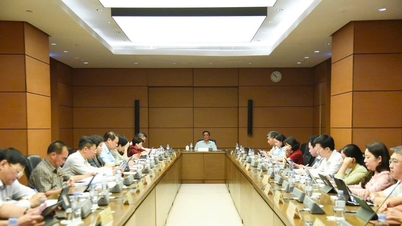
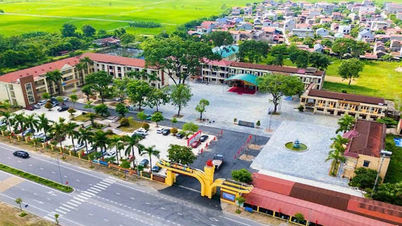

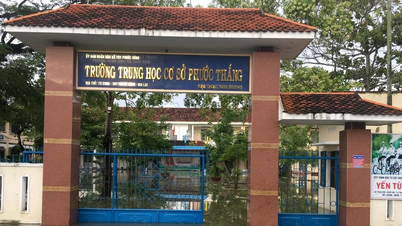












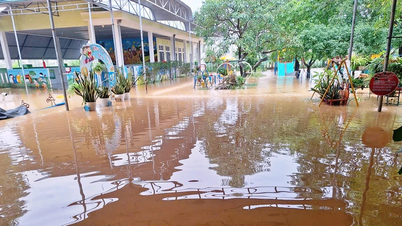
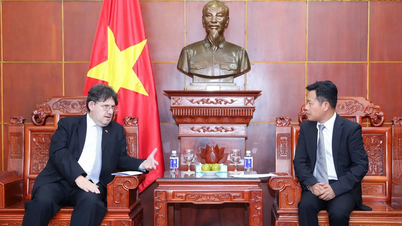

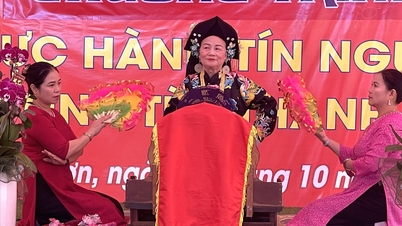























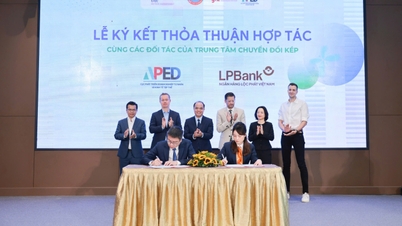


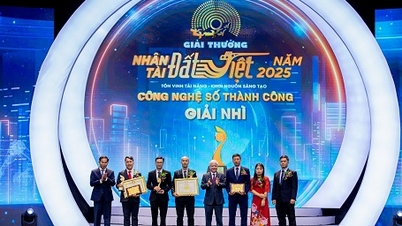

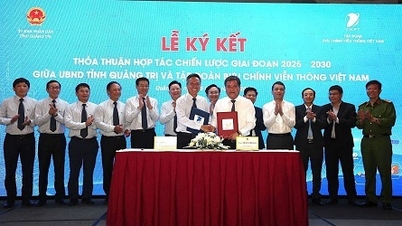









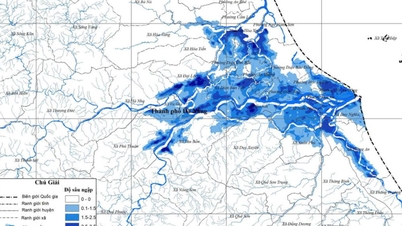




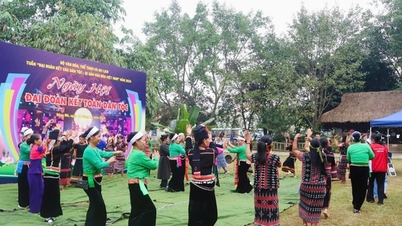
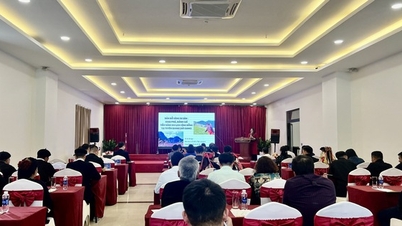

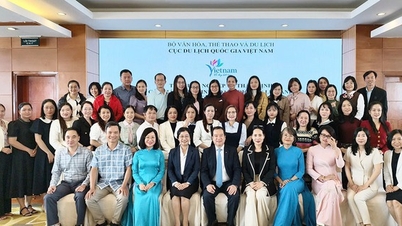

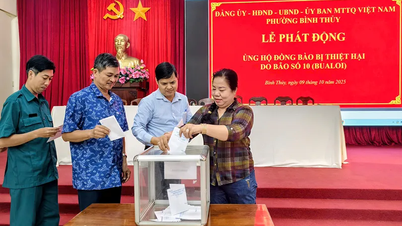



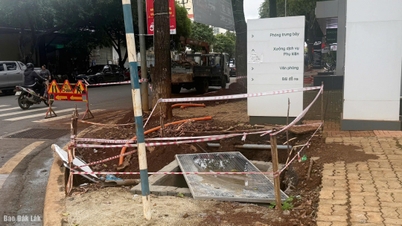


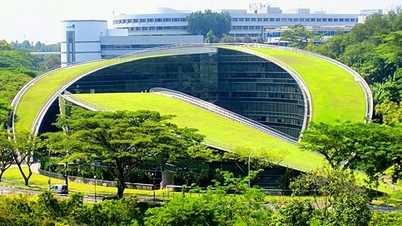
















Comment (0)